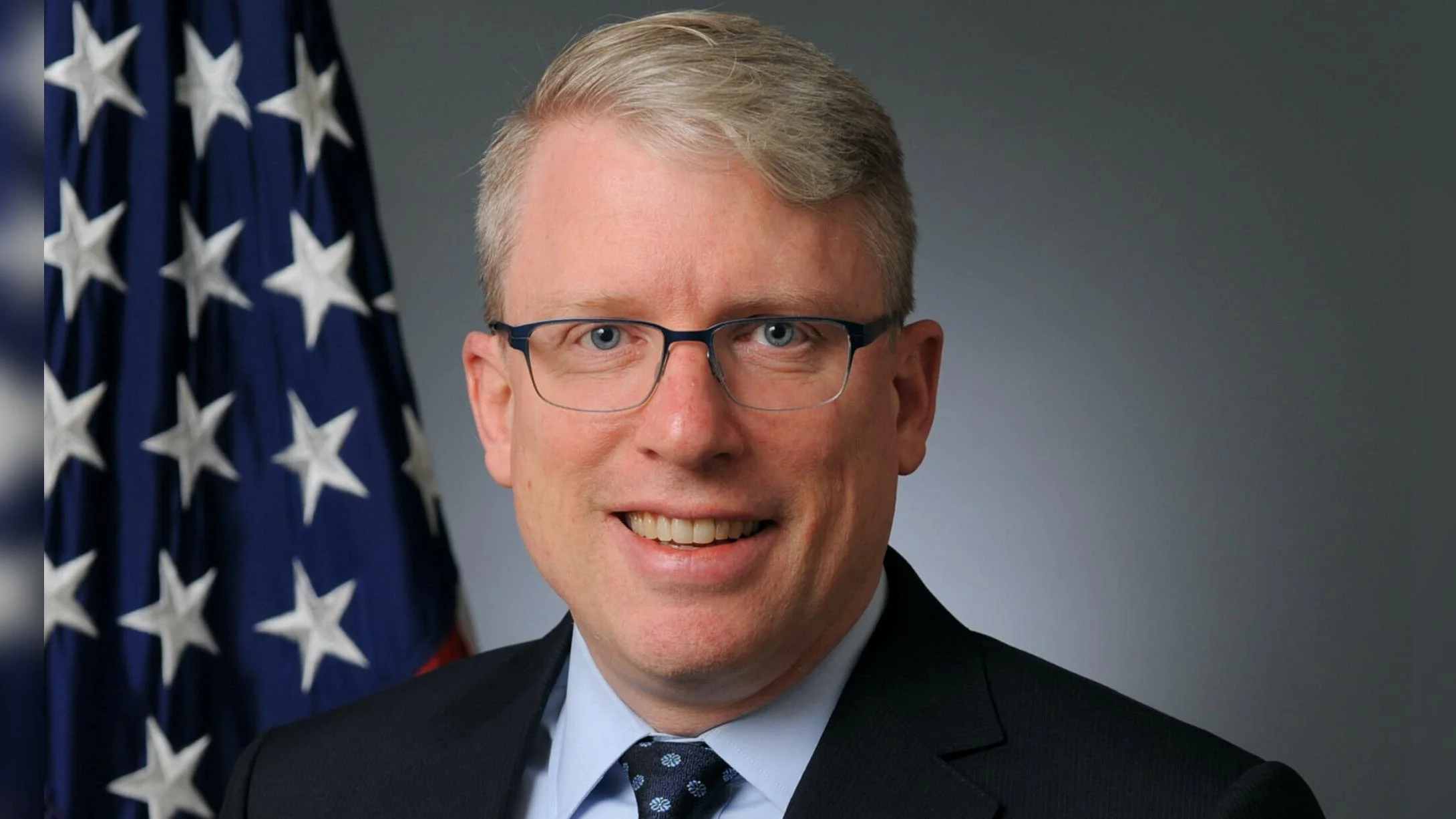Following a meeting of NATO defense ministers, Defense Secretary Pete Hegseth emphasized the need for America's allies to increase their contributions to European defense. He stated that this involves increased spending on military resources and taking greater leadership responsibility.
Hegseth urged NATO's European partners to assume primary responsibility for the continent's defense, highlighting the importance of security ownership by all allies. "Our expectation of our friends — and we say this in solidarity — is you have to spend more on your defense, for your country, on that continent, understanding that the American military and the American people stand beside you, as we have in NATO," he said.
President Donald J. Trump had previously set a target for NATO-nation defense spending at 5% of GDP. Hegseth noted that Estonia and Lithuania have already met this target.
However, Hegseth stressed that financial investment alone is insufficient. Enhancements in troop readiness, weapons production, and force contributions are also necessary. "We can talk all we want about values. Values are important," he said. "But you can’t shoot values, you can’t shoot flags, and you can’t shoot strong speeches. There is no replacement for hard power."
Hard power entails demonstrating military readiness and equipping forces with appropriate weapons through a robust defense industrial base. The secretary called for every NATO ally to strengthen their industrial bases.
He cited lessons from the war in Ukraine as evidence of underinvestment in defense industrial capacities across Europe and America. The U.S., along with Ukraine and Europe, is working to expand these capacities but recognizes more efforts are needed.
"Deep and dramatic reforms are coming at the Defense Department with the leadership of President Trump to ensure that we’re investing robustly in our defense industrial base," Hegseth said. He highlighted shipbuilding as an area needing significant expansion to meet obligations not only domestically but also towards allies.
Hegseth also mentioned necessary reforms in the Foreign Military Sales program to expedite weapon provisions to partners: "Part of being a good faith partner is we’re going to invest in our defense industrial base [and] make sure foreign military sales are as rapid as possible."
The U.S., having been a NATO partner for over 75 years—coinciding with last year's 75th anniversary—intends to remain a strong member moving forward. For continued strength within NATO, Hegseth insisted every partner must commit more resources: "NATO is a great alliance... But to endure for the future, partners must do far more for Europe’s defense."

